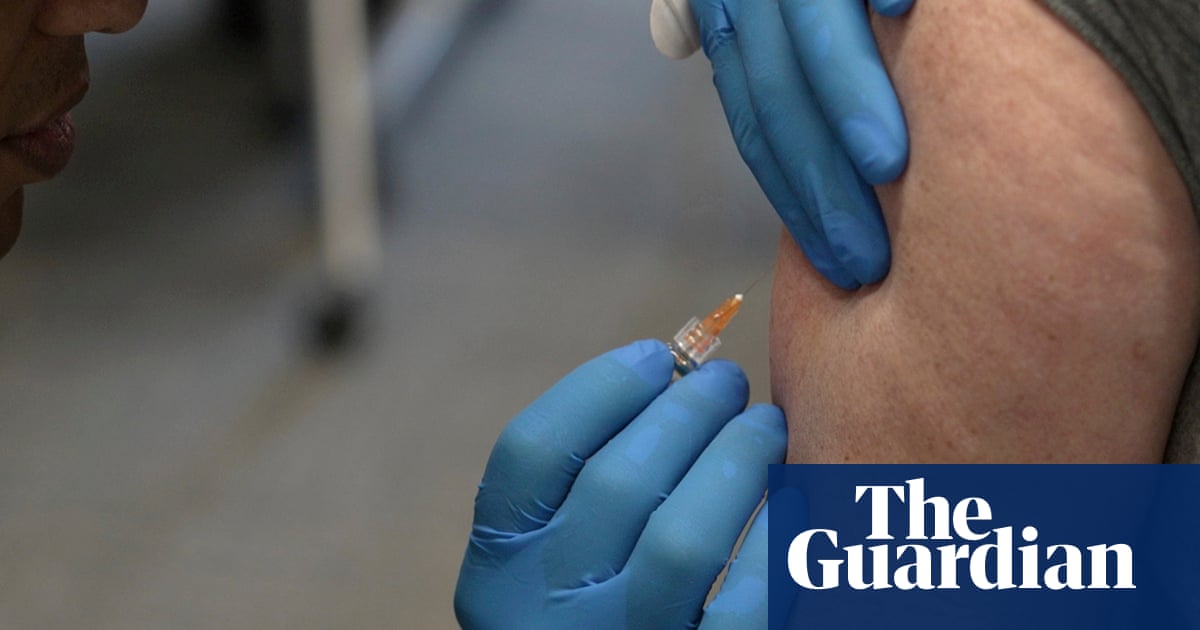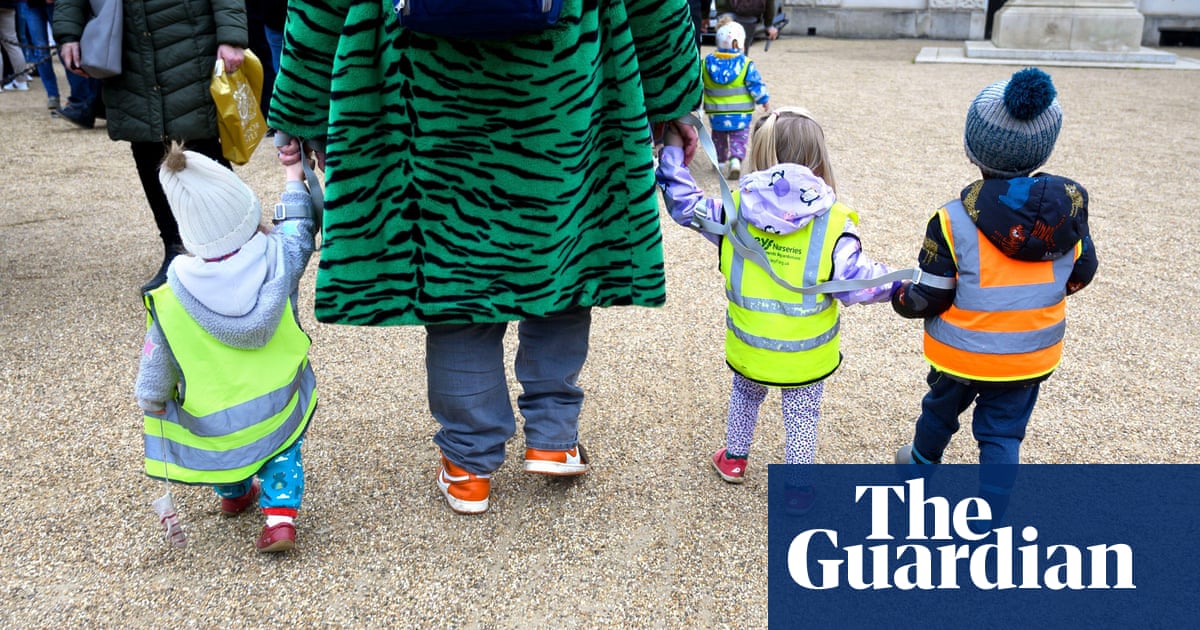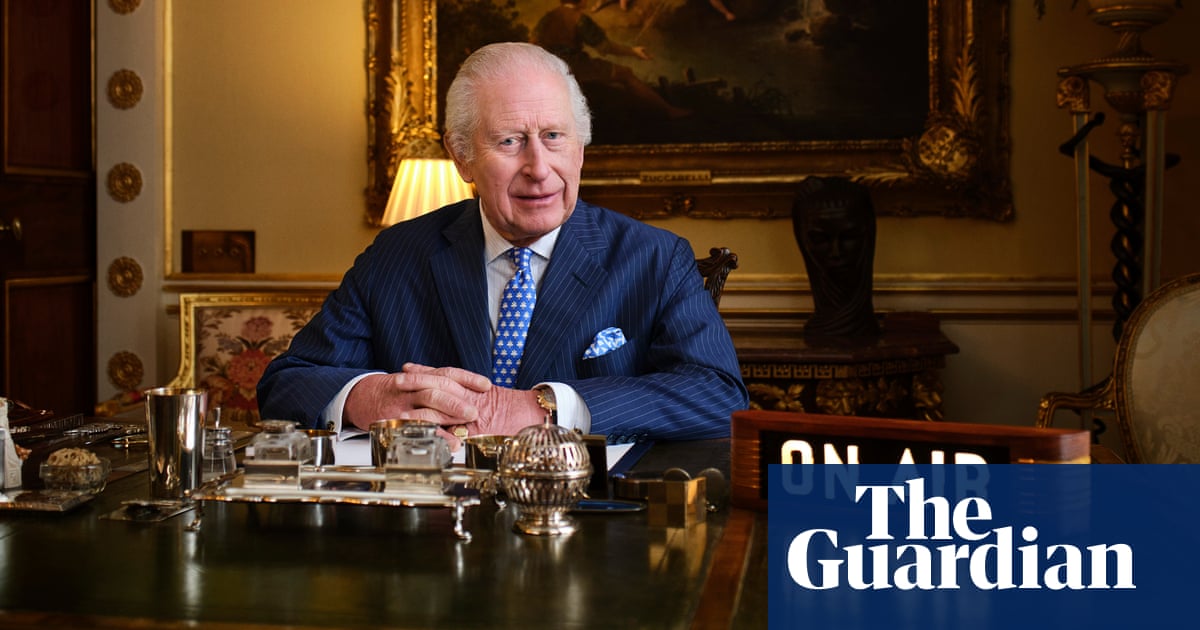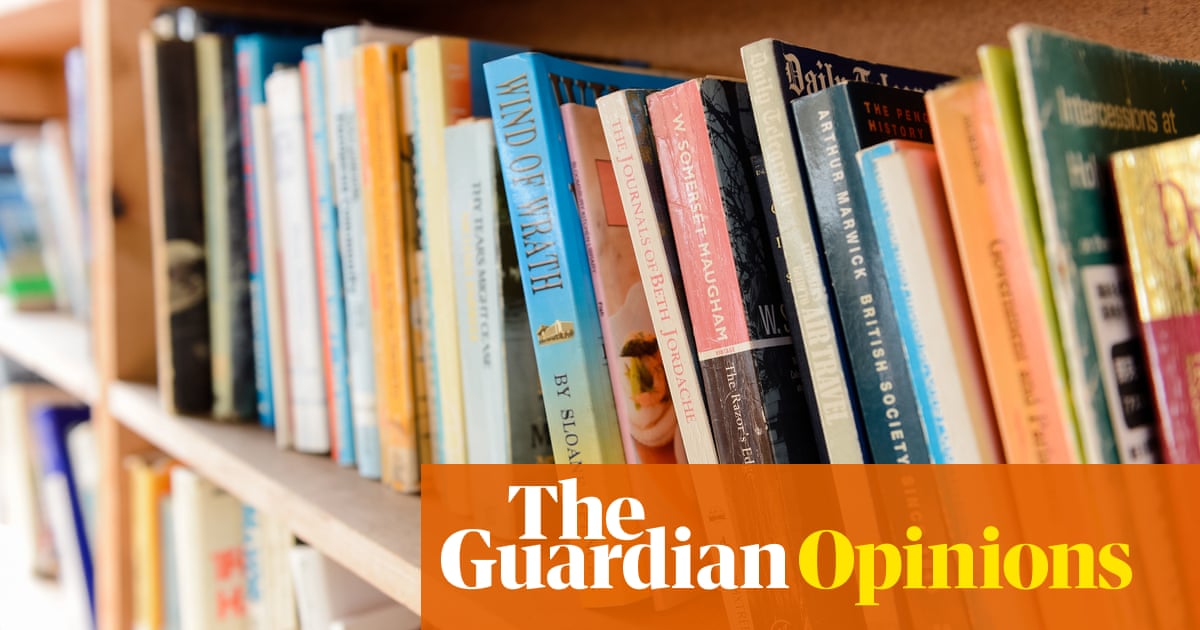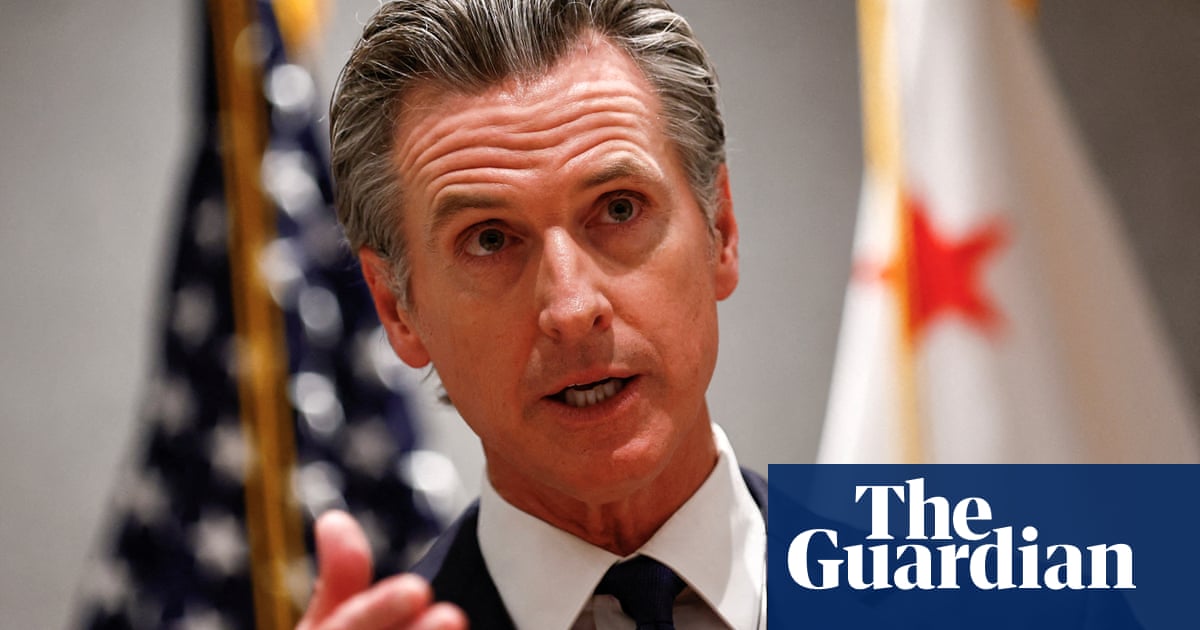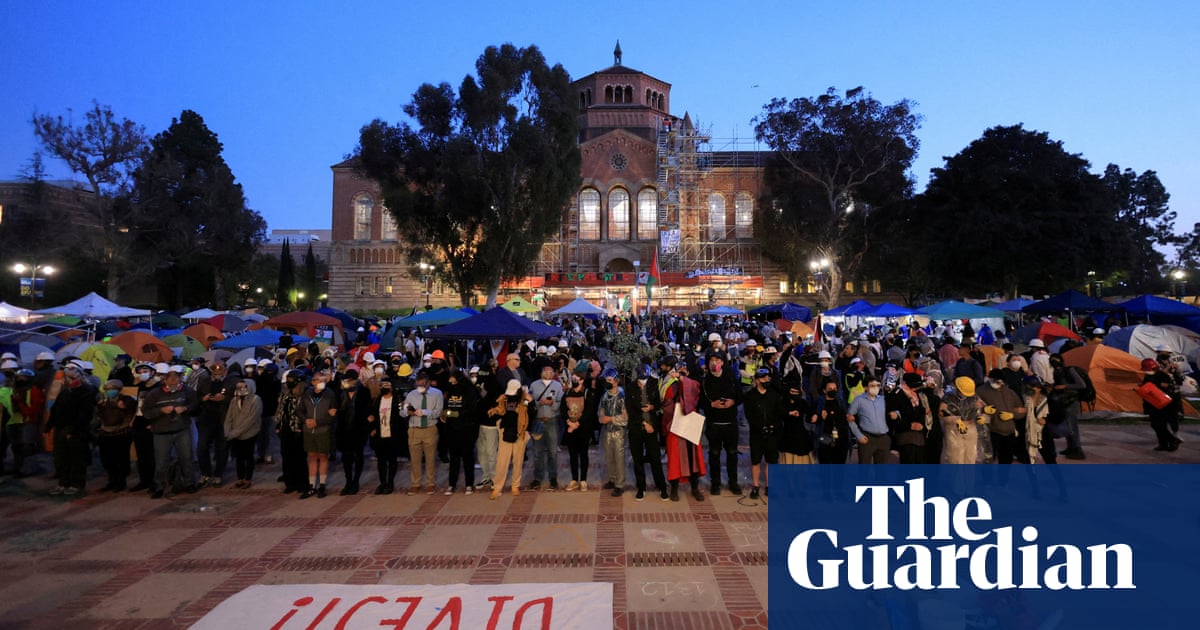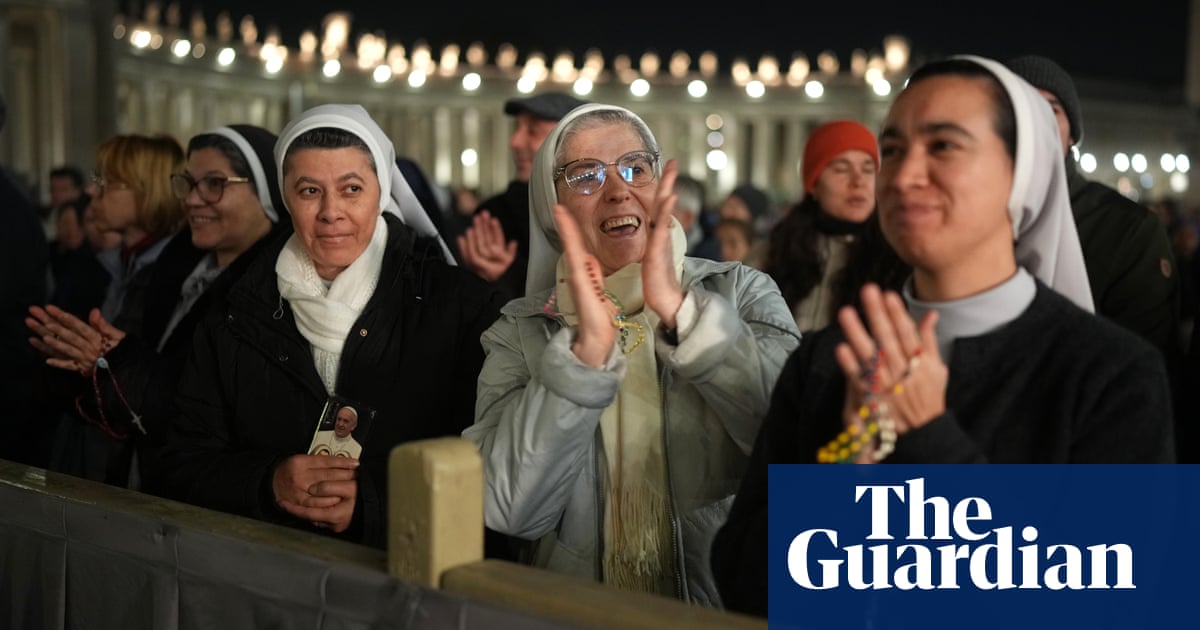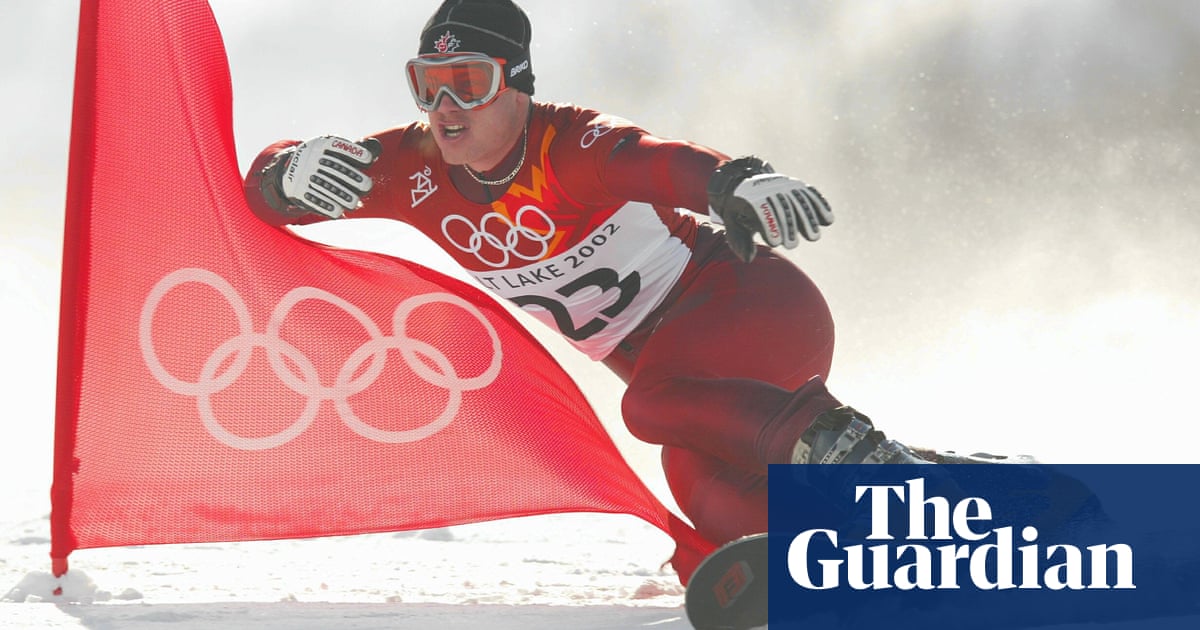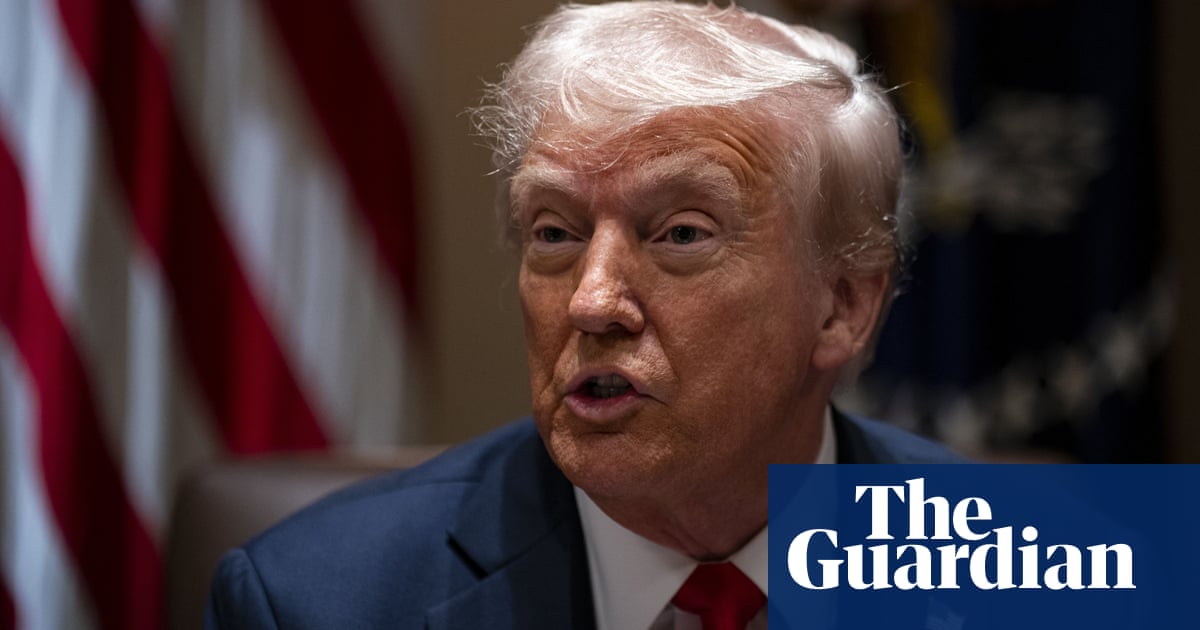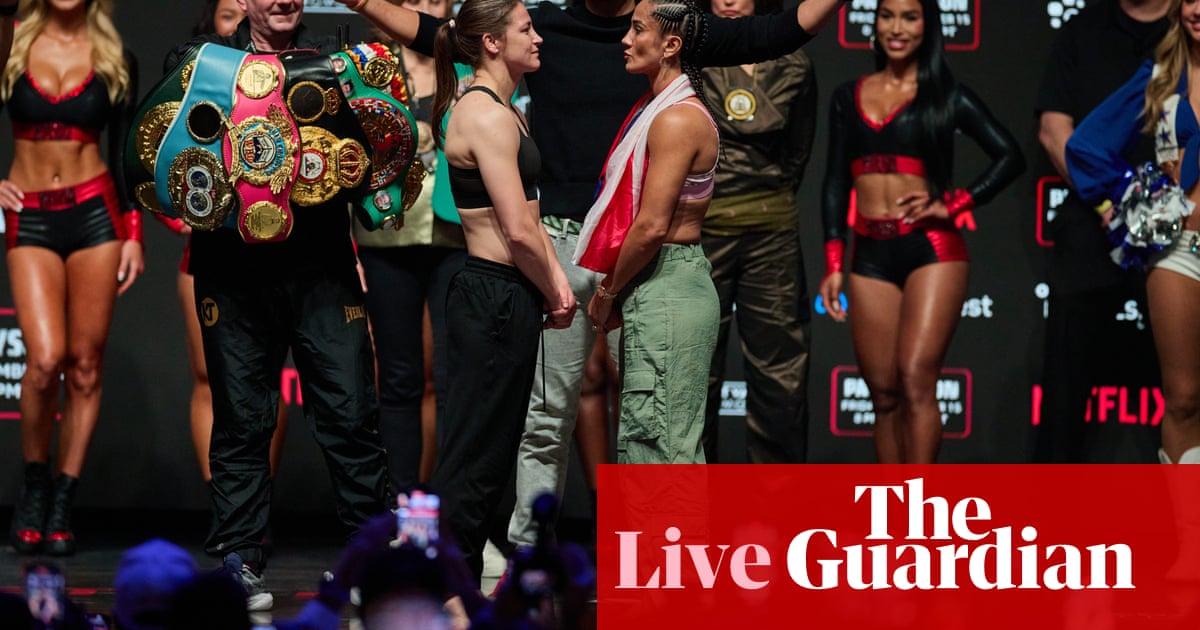Simon Tisdall has hit the nail on the head in writing that if Donald Trump were merely a private individual, his current behaviour and manner of speech would be acknowledged as simply a result of ageing, and a loss of inhibitions (“Donald Trump is a superspreader of a craziness that has split the United States in two”, Comment).
However, as Tisdall says, such behaviour is not acceptable in an individual who is asking the American people to elect them as a leader on the world stage.
The president of the United States of America needs to be a stable, responsible person, capable of making sensible decisions in matters that are likely to affect world stability, and who is in good health, mentally and physically.
Trump, on a regular basis, displays that he is not such a person: the US, and the world, deserve better.
Kathryn P Brown
Derby
The cruelty of Covid
What a fantastic article by Nicci Gerrard, and yet truly heartbreaking to learn that nothing has changed (“A decade ago, my father suffered alone and in misery. Why do others still face the same fate?”, Comment).
I was one of the many care home “window wavers” during Covid lockdown and, disgracefully, way beyond it. My 90-year-old, blind mother was essentially locked in a care home for 14 months. This cruelty still haunts me.
Even when the world returned to “normal”, care homes and hospitals still kept families out. I begged to be allowed back in my mother’s room. I wanted to read to her, talk of things that mattered to her, to comfort her and remind her of forgotten friends. I pointed out that the staff were now free to go to the pub and see any of their friends and family. Even as my mother lay dying in hospital, my brother wasn’t allowed in to see her under the arbitrary “only one relative” rule. Only once she died was he allowed to see her when it became “safe” for him to enter.
Name and address withheld
Ukraine’s losing battle
You say Ukraine is fighting with one hand tied behind its back, but this implies that, untied, Ukraine could beat its bigger, better-armed foe into a bloody pulp (“The west must give Zelenskyy free rein now North Korea has joined the war”, Editorial).
A better analogy would be that of a small guy armed with a big stick by his neighbours (who stand by watching the mayhem) lashing out at a big guy who has just been joined by his drunk little cousin.
Allowing Ukraine to drop a few bombs deeper into Russia is unlikely to achieve anything other than giving Vladimir Putin the excuse for further escalation. Involving North Korea is a clear example of Putin responding to the alliance against him, and if we have learned one thing, it should be that Putin doesn’t bluff.
Des Senior
Aylesbeare, Devon
Art for health’s sake
I absolutely agree with Richard Brooks’ article on the benefits of paintings in hospitals “A picture of health: how paintings in hospitals can help patients feel better”, News).
Some 20 years ago, I was commissioned by the arts committee of St Mary’s Paddington to paint a 16ft painting for the corridor of the X-ray department, followed by a commission from A&E for three more paintings.
Under new hygiene rules brought in during the Covid pandemic and the need to disinfect all surfaces, the 16ft piece was destroyed trying to get it into a lift and all the other paintings are now in storage.
One of the ways around this is for artists to paint directly on to walls and the Bridget Riley corridor at St Mary’s survived, so how about some Banksies?
Jane Swan
Delabole, Cornwall
after newsletter promotion
We’re destroying life on Earth
With reference to Martha Gill’s article on global warming and the world biodiversity crisis, thank god for a bit of sense (“We are in danger of forgetting what the climate crisis means: extinction”, Comment, last week).
She’s absolutely correct that public discourse on the two existential crises facing the world is increasingly about climate change and global warming, at the expense of full, honest coverage of world biodiversity loss. Constant emphasis on the latest average temperature increases and the exact reductions necessary to stabilise world climate is dangerously narrowing our focus on the overall effects we’re having on the environment.
Many, if not most, plant and animal species can adapt to climate change and have done many times in the historical, prehistoric and geological past. What they cannot survive is rapid habitat or food-source loss, serious pollution or rapacious over-exploitation on land and sea.
We are knowingly doing massive environmental damage that has nothing whatsoever to do with global warming. Are we humans concerned only about ourselves and those species useful to us or are we, can we be, what we should be – wise custodians of all species?
Dr Peter Perry
Paul, Penzance, Cornwall
Animal gene-editing dangers
The complainants in the story “Scientists dismayed as UK ministers clear way for gene editing of crops – but not animals” (News) are either disingenuous or astonishingly ill-informed. As the Green party said throughout the debate on the genetic technology bill – and as the animal welfare groups explain in the article – producing “hardier” animals, to be kept in dreadful factory-farmed conditions, is not only morally indefensible but also a major public and environmental health risk: resistance to one disease does not mean resistance to other threats, for example, the spread of H5N1 “avian” flu in US dairy herds.
Natalie Bennett, Green Party peer
House of Lords
Elton who?
The cost of an unusual first name may be manifested in subtler ways than on economic opportunity as highlighted by Torsten Bell (“I didn’t mind my unusual first name – until I found it could cost me dearly”, Comment).
My brother and I were given what were, at the time, unusual first names. His was Elton and he became a jazz saxophonist who early in his career played briefly in John Baldry’s band, Bluesology, alongside a then equally unknown keyboard player, Reggie Dwight, who decided Elton was a cool name (while also adopting John Baldry’s first name). My name never became cool but remained just weird.
Professor Hartley Dean
Flamstead, St Albans
Life in the slow lane
David Mitchell’s inspired piece, referencing the absurdness of exceptional forward planning (“Why be an early bird, if you don’t want worms?”, New Review, last week), made me want to live in the slow lane where I can contemplate and appreciate daily life, hopefully without getting an ulcer.
Catherine Roome
Staplehurst, Kent

.png) 3 months ago
29
3 months ago
29
